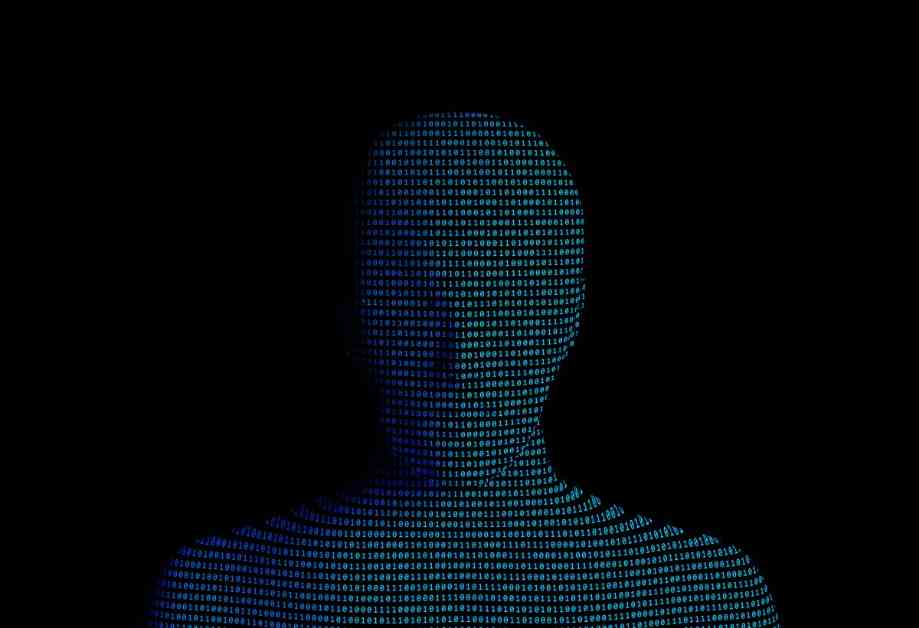Users of the conversational AI platform ChatGPT were in for a surprise over the weekend as they discovered a peculiar glitch in the system. The popular chatbot, known for its ability to engage in conversations on a wide range of topics, was found to have a rather unexpected response when asked about a certain name: “David Mayer.” It turns out, mentioning this name caused the chatbot to freeze up instantly, refusing to provide any response. This strange phenomenon led to a flurry of speculation and conspiracy theories among users trying to uncover the mystery behind this unusual behavior.
The curiosity surrounding the ‘David Mayer’ incident quickly escalated as more and more people attempted to trick ChatGPT into acknowledging the name, only to be met with failure each time. The chatbot’s response, or lack thereof, left many puzzled and intrigued by what could be the reason behind its aversion to this particular name. However, it was soon revealed that ‘David Mayer’ was not the only name that caused ChatGPT to malfunction.
Subsequent testing by users uncovered a list of names, including Brian Hood, Jonathan Turley, Jonathan Zittrain, David Faber, and Guido Scorza, that also triggered the chatbot to crash or fail to respond. The discovery of these additional names raised questions about the possible connection between these individuals and why ChatGPT seemed to avoid mentioning them.
Unraveling the Mystery
The identities of these men and their potential significance in triggering ChatGPT’s malfunction remained a mystery. While some of these names belonged to public figures, others were less recognizable, leading to speculation about the underlying reasons for the chatbot’s behavior. Attempts to seek clarification from OpenAI, the company behind ChatGPT, yielded no immediate response, leaving users to piece together clues and draw their conclusions.
A Closer Look at the Names
As users delved deeper into the backgrounds of the individuals on the list, intriguing connections and possible explanations began to emerge. From a falsely accused mayor to prominent journalists and legal experts, each name carried its own story and significance that shed light on the potential reasons for their inclusion in ChatGPT’s restricted list. The quest to understand why these names were flagged by the chatbot led to a deeper exploration of privacy, legal, and safety concerns that could underpin such restrictions.
Insights into AI Behavior
The ‘David Mayer’ incident served as a stark reminder of the complexities and limitations of AI models like ChatGPT. While these systems are designed to assist users with information and conversation, they are also subject to rules, regulations, and post-training guidance that dictate their responses. The revelation that internal privacy tools were at play in restricting certain information about individuals highlighted the delicate balance between convenience and privacy in AI interactions.
The evolving nature of AI technologies and their interaction with human users underscored the need for transparency, accountability, and understanding in leveraging these tools. As ChatGPT resumed normal functioning for some users and continued to navigate the intricacies of its response mechanisms, the episode served as a valuable lesson in the nuances of AI-driven interactions.











